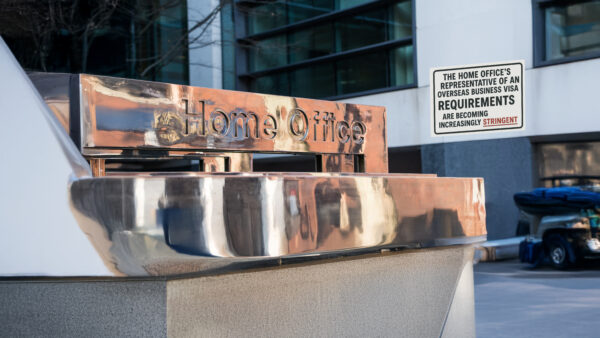Overview of the Case
The Marcus v Marcus case (EWHC 2086, 2024) essentially relates to a dispute over the status of Edward Marcus as a beneficiary of a family trust created by his legal father (the deceased). The trust, settled in 2003, was established as an arrangement designed to postpone capital gains tax in relation to shares in a family company. It listed the deceased’s (or settlor’s) ‘children and remoter issue’ as discretionary beneficiaries. The dispute arose when it was revealed that Edward was not the biological son of the deceased, though he had been raised as the deceased’s son. It is worth noting that the deceased never knew this.
Jonathan Marcus, Edward’s brother, discovered this fact in 2023 after their mother had revealed it to Edward years earlier in 2010. Following a family fallout, Jonathan took steps to remove Edward as a beneficiary.
Legal Argument
Jonathan’s key argument rested on the interpretation of the term ‘children’ in the trust deed. He argued that since Edward was not biologically the settlor’s son, he should not qualify as a beneficiary. Jonathan asserted that the trust’s language implied a biological connection and that Edward’s inclusion was improper because the deceased was unaware of Edward’s true parentage at the time of settlement.
Edward, on the other hand, argued that the deceased had always treated him as his son, raising both him and Jonathan as brothers without distinction. He claimed that biological parentage was irrelevant to the settlor’s intention and that he should remain a beneficiary due to the deceased’s clear intention to provide for both sons.
Court’s Conclusion
The court rejected Jonathan’s application, maintaining Edward’s status as a beneficiary. The ruling highlighted that in trust law, the settlor’s intention is paramount when determining beneficiary eligibility. In this case, the court emphasised that the deceased had consistently treated Edward as his child and had shown no intention to exclude him based on biology. The wording of the trust, which referred to ‘children’ without specific qualifications, was interpreted in the broader context of the family dynamic, in which Edward had been accepted as part of the family unit.
The court concluded that the biological connection was irrelevant to the deceased’s intention at the time of the trust’s creation. The trust was constructed with the understanding that both brothers, Jonathan and Edward, were equal in the eyes of the deceased. Consequently, Edward remained a discretionary beneficiary, and Jonathan’s attempt to remove him was denied.
Key Takeaways
- Settlor’s intent is crucial and the courts will look beyond strict legal definitions of family relationships to determine a settlor’s true intention, especially in cases where family dynamics are more complex;
- Clear definitions in trusts to avoid future disputes, and the use of clear and precise language when defining terms like ‘children’ or ‘issue’. Where non-biological relationships are involved, explicit wording should clarify the settlor’s wishes; and
- Being aware of the potential for family disputes, although in this case matters were complicated by the settlor’s ignorance as to biological status. However, generally speaking, trusts involving non-traditional family structures or unresolved familial tensions can give rise to disputes and advice should be sought to overcome any perceived or future challenges.
This case ultimately highlights the importance of considering family dynamics and the settlor’s intention in trust law, particularly where biological connections do not reflect the family unit’s reality.
For Private Wealth & Tax advice and services, please contact Ben Rosen via our contact form below.









